 Justice, Security & Rule of Law
Justice, Security & Rule of Law
Peaceful, prosperous societies need people and institutions to be subject to law that is fairly applied. The U.S. Institute of Peace helps states and members of society work together to strengthen the rule of law, often through justice and security sector reforms. USIP develops innovative models to foster and shepherd sustainable and locally supported reforms, trains rule-of-law practitioners, conducts research and holds forums to share knowledge. The institute also supports programs such as Justice and Security Dialogues, which seek to build trust between civil society and officials from the justice and security sectors.
Featured Publications
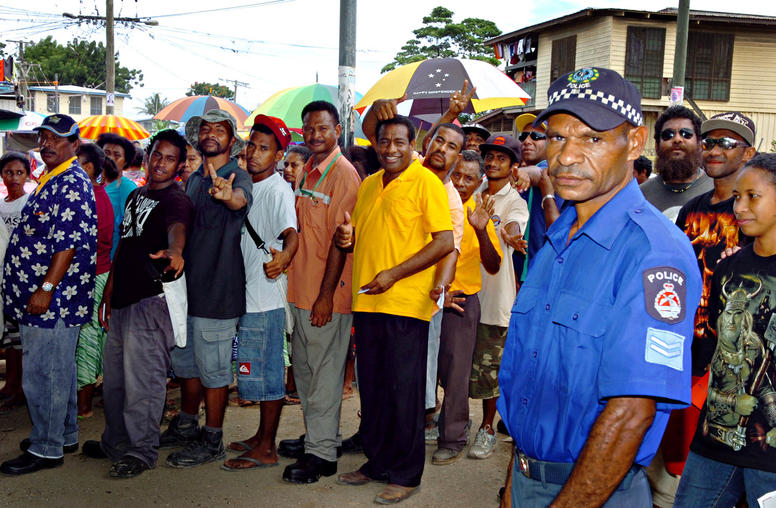
In the Pacific, Corruption and Poor Policing Open a Door to China
After the Pacific’s largest island nation, Papua New Guinea, recently suffered deadly rioting that included police, an official last week announced a Chinese offer to help strengthen its police force. That sequence exemplifies a rising challenge for democracy and stability in the Pacific: Many island nations suffer corruption and deficient policing that undermines the rule of law. This gap in responsive governance lets China seek influence through technical assistance drawn from its authoritarian model of policing. In response, democracies must reshape narrow, outdated approaches to security assistance.
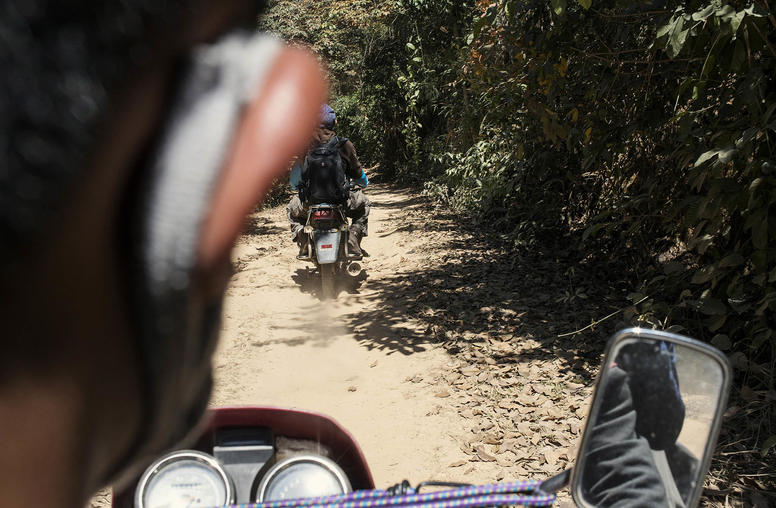
China’s Metastasizing Myanmar Problem
The 2021 military coup in Myanmar not only triggered an unprecedented nationwide revolt against military rule but is increasingly precipitating challenges to global security. The junta’s ineffectual rule has resulted in the rise of cross-border human trafficking and cyber scams, which have impacted almost every corner of the globe, taking an especially heavy toll on China’s people while also benefiting organized Chinese crime groups. Beijing’s response to the situation in Myanmar has been mixed. While it has backed the junta, China has also hedged by supporting some of Myanmar’s most powerful ethnic armed organizations, extending Chinese influence in the country.
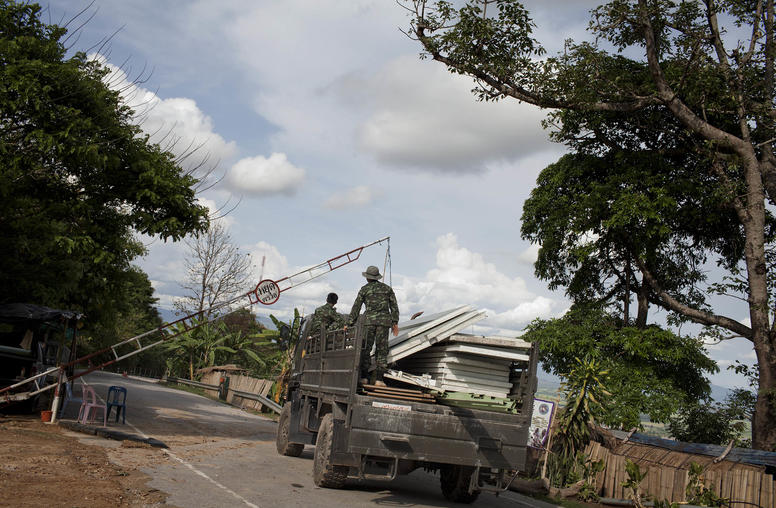
Căn bệnh ung thư “tội phạm” lây lan ở Đông Nam Á
Trong chính quyền yếu kém ở quanh các khu vực do nhóm tội phạm kiểm soát trên sông Moei ngăn cách Thái Lan và Myanmar, một cuộc trấn áp các băng đảng xã hội đen có vũ trang sẽ diễn ra như thế này: Trung Quốc gây sức ép lên chính quyền quân sự Myanmar - đôi khi là tay sai của Bắc Kinh - buộc Thái Lan phải cắt điện đối với một trung tâm cờ bạc và lừa đảo lớn do các băng nhóm tội phạm Trung Quốc cầm đầu ở bên kia sông của Myanmar. Lực lượng Biên phòng do quân đội giám sát trong khu vực, cấu kết với các băng nhóm tội phạm, đáp trả bằng những lời đe dọa đóng cửa biên mậu. Sau đó, những chiếc máy phát điện khổng lồ xuất hiện trong khu vực được bộ đội biên phòng và các băng đảng tội phạm lắp đặt. Quân đội không có bất kỳ hành động nào và không giải thích. Bản thân các chỉ huy, nếu không muốn nói là quân đội, được cho là hưởng lợi từ hoạt động tội phạm. Mọi hoạt động vẫn diễn ra như thường lệ.
Current Projects
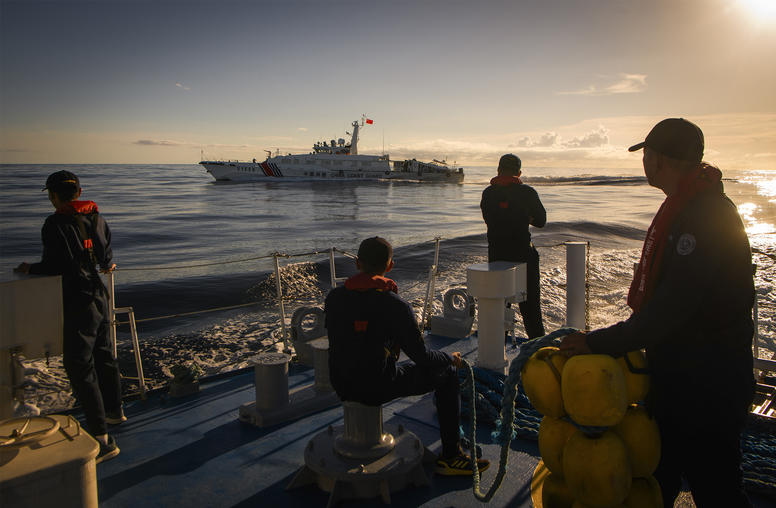
Tracking China’s Global Security Initiative
China’s ongoing push to change the international security order entered a new phase with the launch of the Global Security Initiative (GSI) in April 2022. The GSI promotes a set of distinct security concepts and principles — many of which reflect Beijing’s longstanding international normative preferences, such an emphasis on territorial sovereignty and noninterference. USIP is tracking how the GSI is being operationalized by China, with an initial focus on essay series examining China’s GSI activities in ASEAN and Central Asia.
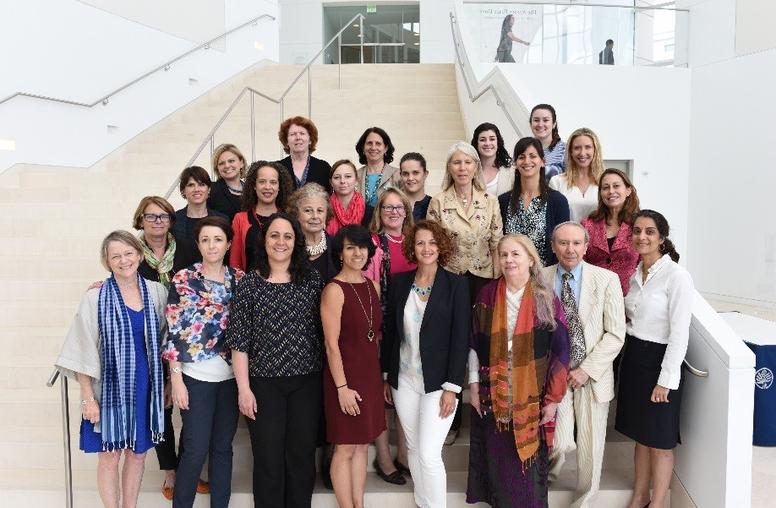
U.S. Civil Society Working Group on Women, Peace & Security (U.S. CSWG)
The U.S. Civil Society Working Group on Women, Peace, and Security (U.S. CSWG) is a non-partisan network of civil society organizations with expertise on the impacts of women in war and their participation in peacebuilding. Established in 2010, the working group is an engaged coalition to promote the effective implementation of the U.S. National Action Plan on Women, Peace and Security.
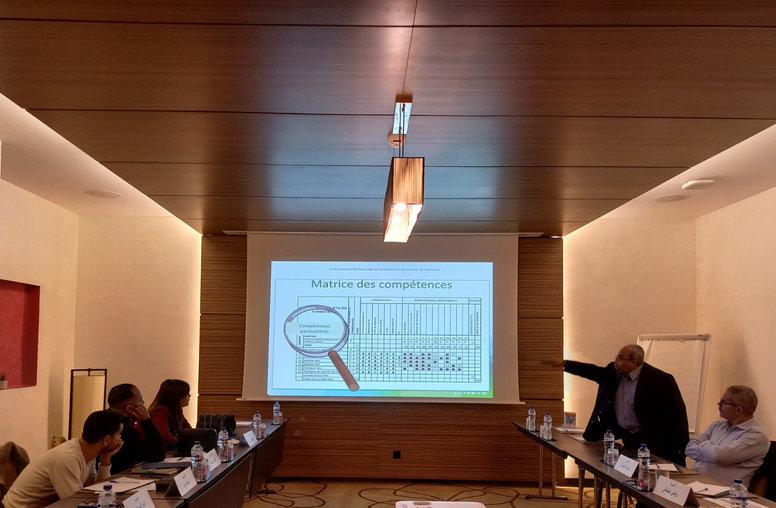
Tunisia Security Sector Training Reform
Since 2016, USIP and the Tunisian Ministry of Interior have been working in close partnership to collaboratively build a robust public-service oriented policing model in alignment with democratic norms and national and international standards. As part of these endeavors, with support from the Bureau of International Narcotics and Law Enforcement Affairs, USIP and the Tunisian National Guard launched a three-phased initiative to reconceptualize their training system, reinvigorating ongoing efforts to improve operational capacity in the field while upholding core values of accountability, transparency and human dignity.